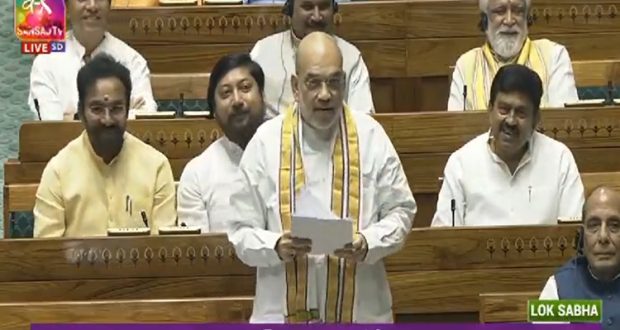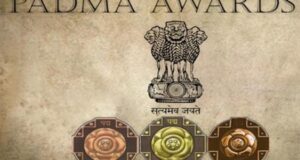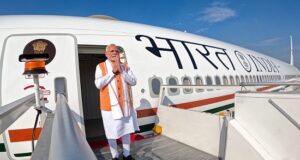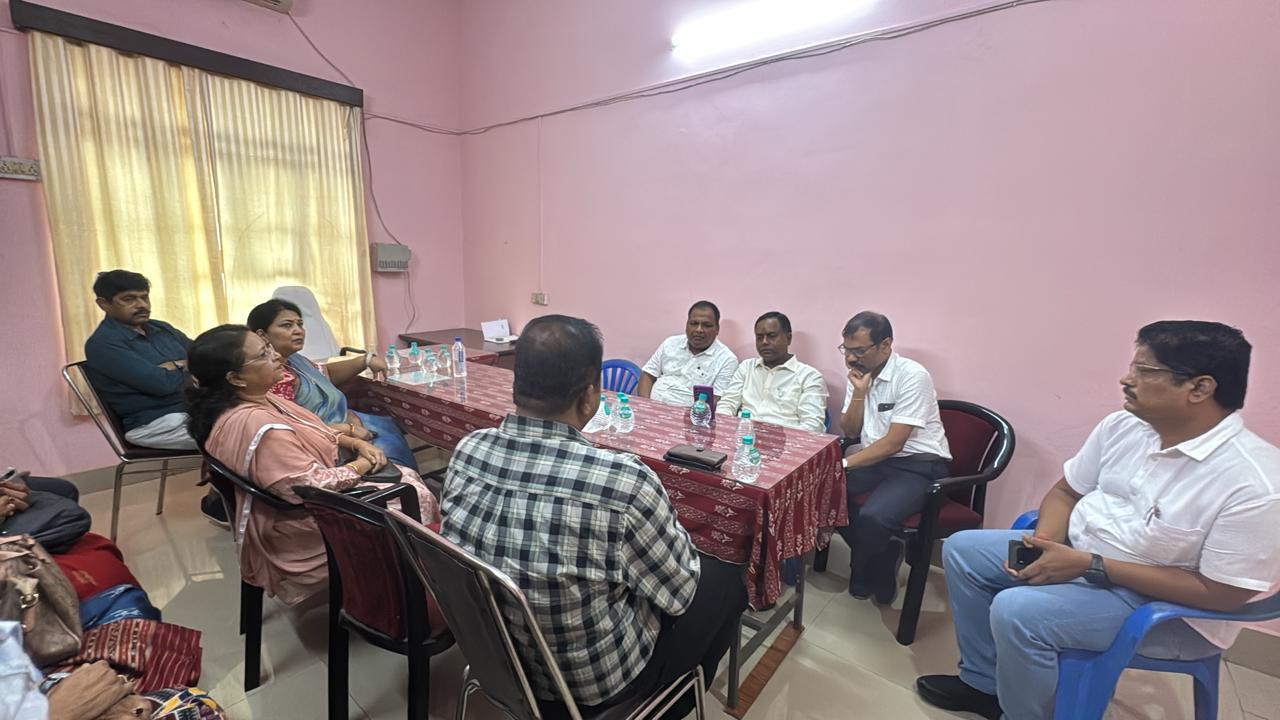The Constitution (One Hundred and Twenty-Eighth Amendment) Bill, 2023, seeks to provide a 33% reservation to women in the Lok Sabha and assemblies. However, the quota can come into force only by 2029 since it has to be implemented after the delimitation of constituencies that will be conducted only after the next census, which is likely to be held after the 2024 general elections.
Newdelhi:20/9/23; The Women’s Reservation Bill, Nari Shakti Vandan Adhiniyam, 2023 was passed in Lok Sabha on Wednesday with majority votes. MPs manually voted on the bill and after the division of the votes, the bill received 454 votes in its favour and 2 against it. The bill which was tabled by Union law Minister Arjun Ram Meghwal on Tuesday in the inaugural session of the new Parliament, required a two-thirds number to get passed.
The Constitution (One Hundred and Twenty Eighth Amendment) Bill, 2023, seeks to provide a 33% reservation to women in the Lok Sabha and assemblies. However, the quota can come into force only by 2029 since it has to be implemented after the delimitation of constituencies that will be conducted only after the next census, which is likely to be held after the 2024 general elections. The Union Cabinet earlier approved the women’s reservation bill in a meeting after the first special session of Parliament. Earlier on Wednesday, Home Minister Amit Shah appealed to the opposition for the unanimous passage of the women’s reservation bill and said shortcomings, if any, can be rectified at a later date.
Brushing aside apprehensions of a delay in the bill’s implementation, Shah said the next government will conduct the census and the delimitation exercise immediately after the elections and set in motion the process to make reservations for women in Lok Sabha and state Assemblies a reality. Intervening in the debate on the Constitution (128th Amendment) Bill, Shah indicated that women’s reservation will become a reality after 2029.
He said the passage of the women’s reservation bill will mark the start of a new era, and recalled that Prime Minister Narendra Modi had presented the vision of women-led development at the recent G20 Summit.
The Modi government has been pushing for empowerment of women since the day it assumed office, he said. Meanwhile, Congress MP Rahul Gandhi on Wednesday extended his support to the Women’s Reservation Bill adding that the measure was “incomplete” as it lacks quota for Other Backward Classes (OBC).
“The moment the opposition raises the issue of caste census and Adani, the BJP tries to raise a new event so that the OBC community and the people of India look the other way. In my research for the speech, I took a look at the different institutions that define how our country moves forward. There are many– Lok Sabha, Rajya Sabha, Vidhan Sabham bureaucracy, the press. And I look with an eye to understand what is the participation of the OBC community in these institutions,” Rahul Gandhi said in Lok Sabha.”Don’t be scared,” Rahul Gandhi said as his mention of the caste census drew protests from the Treasury benches in Lok Sabha.
Prime Minister Narendra Modi said the bill aims to expand women’s participation in the Rajya Sabha and Lok Sabha. “Our democracy will be further strengthened with the bill,” he added.
Women account for almost half of India’s 950 million registered voters but make for only 15% of parliament and around 10% of state legislatures, pushing the world’s largest democracy to the bottom of the global list on gender parity in legislatures. The bill was officially introduced in the Lok Sabha on September 12, 1996, by the UPA government. Since the last 27 years, the bill has been waiting to get approved by the Parliament.
Timeline of the Bill:
1996: Bill introduced in Lok Sabha by UPA government; failed to get approval in Lok Sabha, it was referred to a Joint Parliamentary Committee chaired by Geeta Mukherjee.
1996: Report by committee chaired by Geeta Mukherjee presented to lower house on December 9, 1996
1998: Atal Bihari Vajpayee’s NDA government re-introduces the bill
1999: NDA government re-introduced the bill in the 13th Lok Sabha session
2002: It moved the Bill again amid pandemonium in 2002
2003: Bill re-introduced
2008: UPA-I government, led by Congress, again introduced it in May 2008 but referred to a standing committee
2010: Passed in the House and transmitted finally to the Lok Sabha
2014 and 2019 Lok Sabha polls: BJP party’s election manifesto said it will pass the bill
2023: Lok Sabha passed women’s reservation bill
 Odisha news today, Latest Oriya News Bhubaneswar Online Odia news Portal
Odisha news today, Latest Oriya News Bhubaneswar Online Odia news Portal




